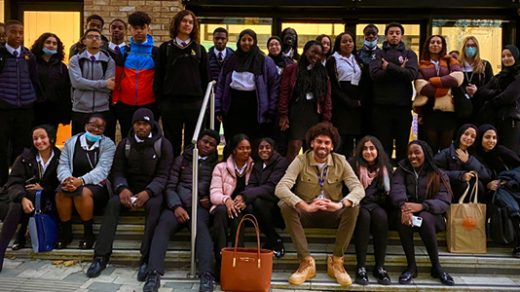Have England’s youngest adults closed the international literacy and numeracy skills gap?

In December 2024, the National Foundation for Educational Research (NFER) published the Survey of Adult Skills 2023 (PIAAC) national report for England, which found that young adults’ literacy and numeracy scores had improved significantly since 2012, when they were among the lowest performers internationally.
NFER’s new blog reports on additional analysis which compares the skill levels of 16-24-year-olds in 2012 with those of 25-34 years old in 2023, to determine skills gain and whether any groups have fallen behind and evaluate how this cohort measures up against their international counterparts.
Some of the key highlights are:
- Young adults in England have seen greater skill improvements in their post-compulsory education and early careers compared to their peers in other countries.
- The gap between highest and lowest achievers in literacy and numeracy remains statistically unchanged since 2012.
- The proportion of young adults with low numeracy skills has dropped from 26% in 2012 to 15% in 2023.
- Both men and women have significantly higher literacy and numeracy scores than those aged 16-24 in 2012, on average.
- The gap in skill level between adults with the lowest levels of education and those with upper secondary or tertiary education remains substantial.
- Adults in the North of England aged 25-34 in 2023 have skills similar to those aged 16-24 in 2012 in the same region, while the largest increases in literacy and numeracy skills were between 16-24-year-olds and 25-34-year-olds in the South.
Commenting on the findings, NFER research director, Rebecca Wheater, said: “It is encouraging to see the significant improvement in young adults’ skills in the last decade. However, there is still a noticeable gap between adults with upper secondary or tertiary education and those with the lowest levels of education, where literacy and numeracy skills remain stubbornly low.
“Addressing these skill gaps is crucial in ensuring all young adults, regardless of background and the educational pathway they follow, can develop the skills they need for success. NFER has recently published a report exploring differences in young people’s skill development across different countries to understand the factors that drive high performance.
“This is the latest paper in a five-year initiative led by NFER, the Skills Imperative 2035, which seeks to support the country develop the skills it needs by 2035.







